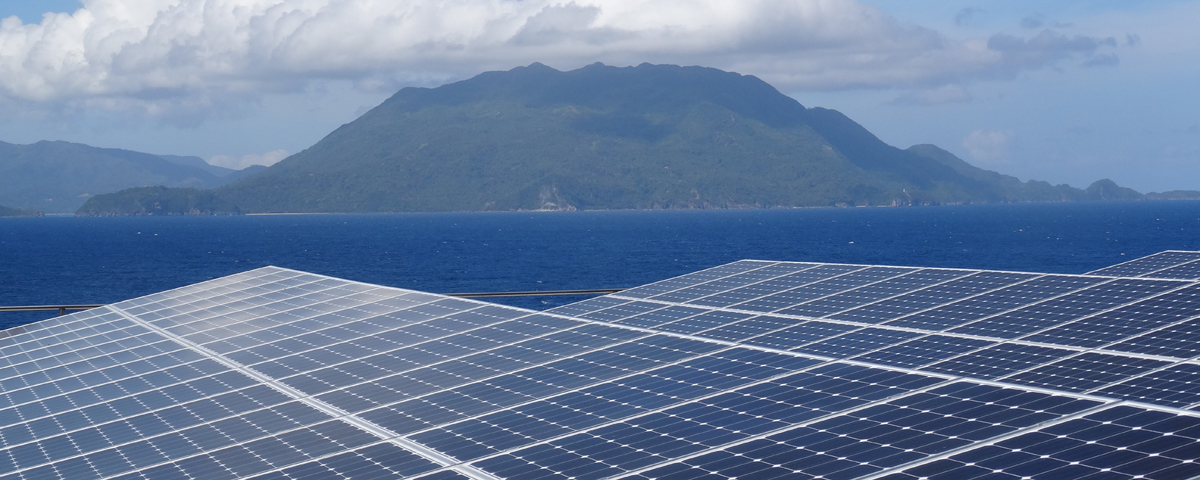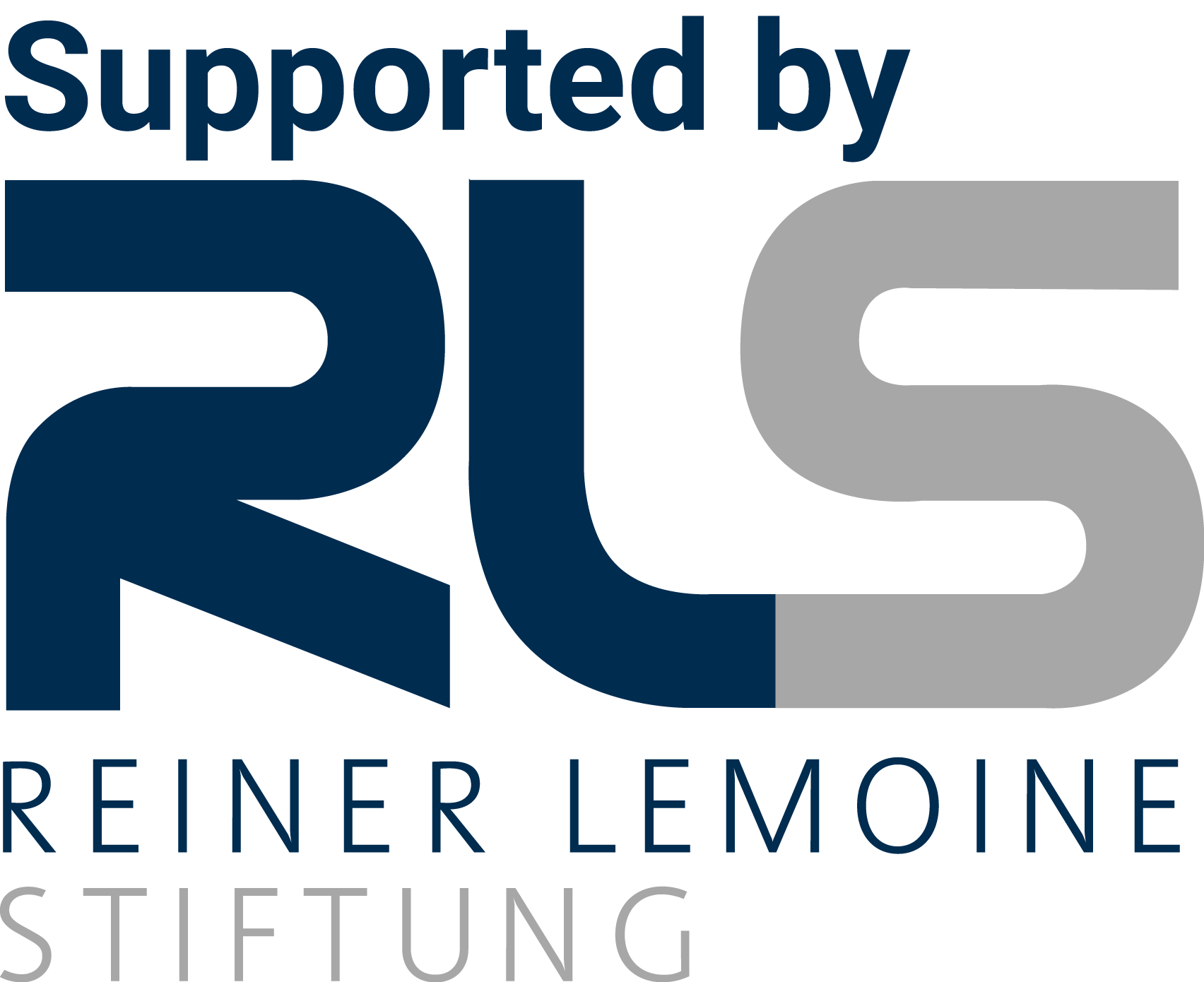Hybrid Mini-Grid Sizing with micrOgridS – An Open-Source Tool for Optimizing Renewable Energy Components within Mini-Grids (Berendes 2018)
13. August 2018Carsharing with fuel cell vehicles: Sizing hydrogen refueling stations based on refueling behavior (Grueger et al. 2018)
14. August 2018Transformation Processes for Realizing Sustainable Energy Supply on the Philippines – An Interdisciplinary Analysis of Success Factors

This PhD project addresses the question of how transformation processes need to be designed to facilitate the successful integration of renewable energy on isolated islands.
The transformation of global energy supply systems, from the use of fossil resources to renewable resources, is a key step in tackling global climate change. In industrialized countries, this process has already been initiated on all levels and is comprehensively monitored by science. In developing and emerging countries, such as the Philippines, the upcoming transformation process has so far been insufficiently studied and understood.
The Philippines are evolving at a rapid pace from a developing to an emerging country, but rapid economic growth remains limited to a few key regions, while the rest of the country remains lagging behind in terms of living standards, security of supply, and economic development opportunities. In addition, the country faces challenges such as the effects of climate change and globalization, major social inequality, and rapid urbanization.
A particular challenge lies in the country's geographical structure: Hundreds of smaller and remote islands need reliable and sustainable electricity to improve local living conditions. Currently, the quality of supply, which is mainly based on polluting and expensive diesel generators, is not sufficient. At the same time, renewable energy resources are readily available, so a sustainable transformation of the diesel-based systems to hybrid systems is a reasonable option. However, most recent investments in renewable energy systems in the Philippines have proven unsustainable (even in the short term). Studies suggest that the reasons for these failures are due to the way the transformation of energy systems was managed in these particular projects and not to the lack of reliability of renewable energy.
The aim of this doctoral project is to develop recommendations for action and solutions that prevent the failure of future transformation projects. These should also be transferable to other regions and support the implementation of a sustainable energy supply. An interdisciplinary approach is chosen to answer the questions from different fields (e.g., technology, society, etc.) and to address relevant stakeholders.
Project duration: February 2017 - February 2020
The transformation of global energy supply systems, from the use of fossil resources to renewable resources, is a key step in tackling global climate change. In industrialized countries, this process has already been initiated on all levels and is comprehensively monitored by science. In developing and emerging countries, such as the Philippines, the upcoming transformation process has so far been insufficiently studied and understood.
The Philippines are evolving at a rapid pace from a developing to an emerging country, but rapid economic growth remains limited to a few key regions, while the rest of the country remains lagging behind in terms of living standards, security of supply, and economic development opportunities. In addition, the country faces challenges such as the effects of climate change and globalization, major social inequality, and rapid urbanization.
A particular challenge lies in the country's geographical structure: Hundreds of smaller and remote islands need reliable and sustainable electricity to improve local living conditions. Currently, the quality of supply, which is mainly based on polluting and expensive diesel generators, is not sufficient. At the same time, renewable energy resources are readily available, so a sustainable transformation of the diesel-based systems to hybrid systems is a reasonable option. However, most recent investments in renewable energy systems in the Philippines have proven unsustainable (even in the short term). Studies suggest that the reasons for these failures are due to the way the transformation of energy systems was managed in these particular projects and not to the lack of reliability of renewable energy.
The aim of this doctoral project is to develop recommendations for action and solutions that prevent the failure of future transformation projects. These should also be transferable to other regions and support the implementation of a sustainable energy supply. An interdisciplinary approach is chosen to answer the questions from different fields (e.g., technology, society, etc.) and to address relevant stakeholders.
Project duration: February 2017 - February 2020
© Photo: Paul Bertheau , , Solar panels in Cobrador, Philippines, CC BY-SA 4.0
The PhD project is divided into three phases:
Phase 1
- Theoretical analysis of transformation processes and the underlying mechanisms, dynamics and success factors
Phase 2
- Transfer of the knowledge gained to the study area – the Philippines
- Identification of country-specific barriers and drivers for the transformation of energy systems
- Evaluation of the success factors with the help of an interdisciplinary method set
Phase 3
- Development of actual recommendations for the acceleration of transformation in the Philippines






